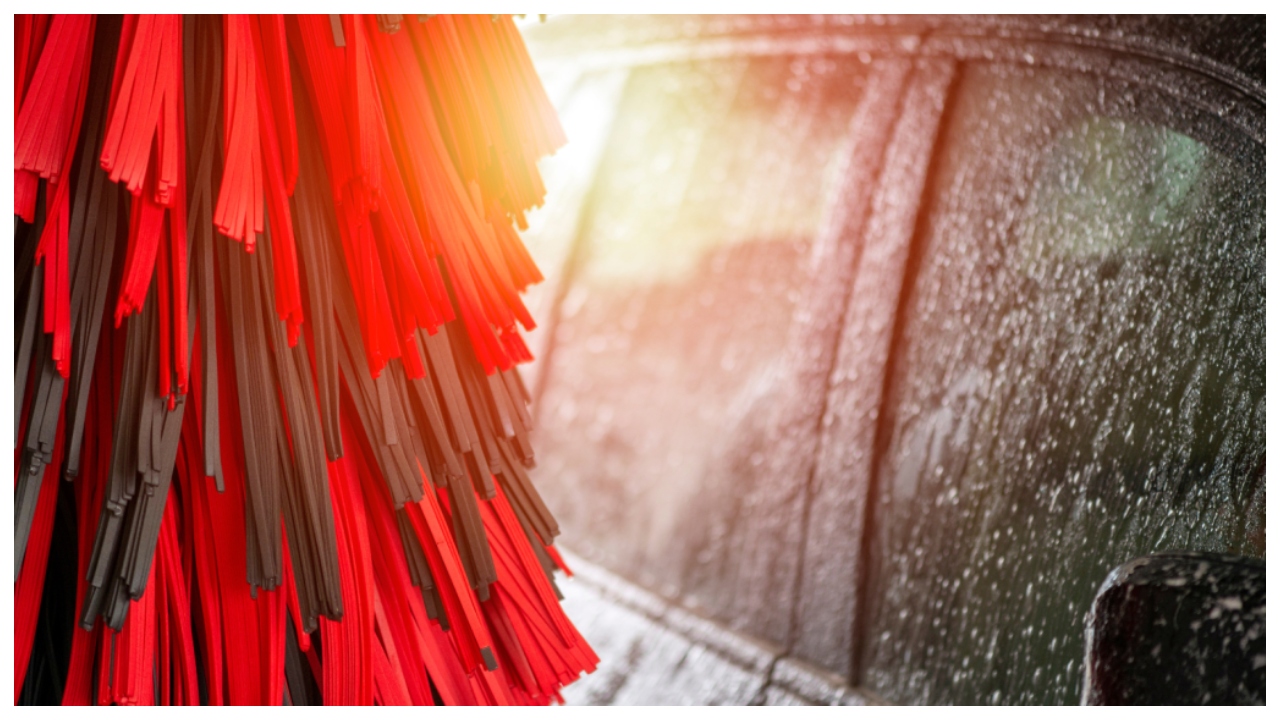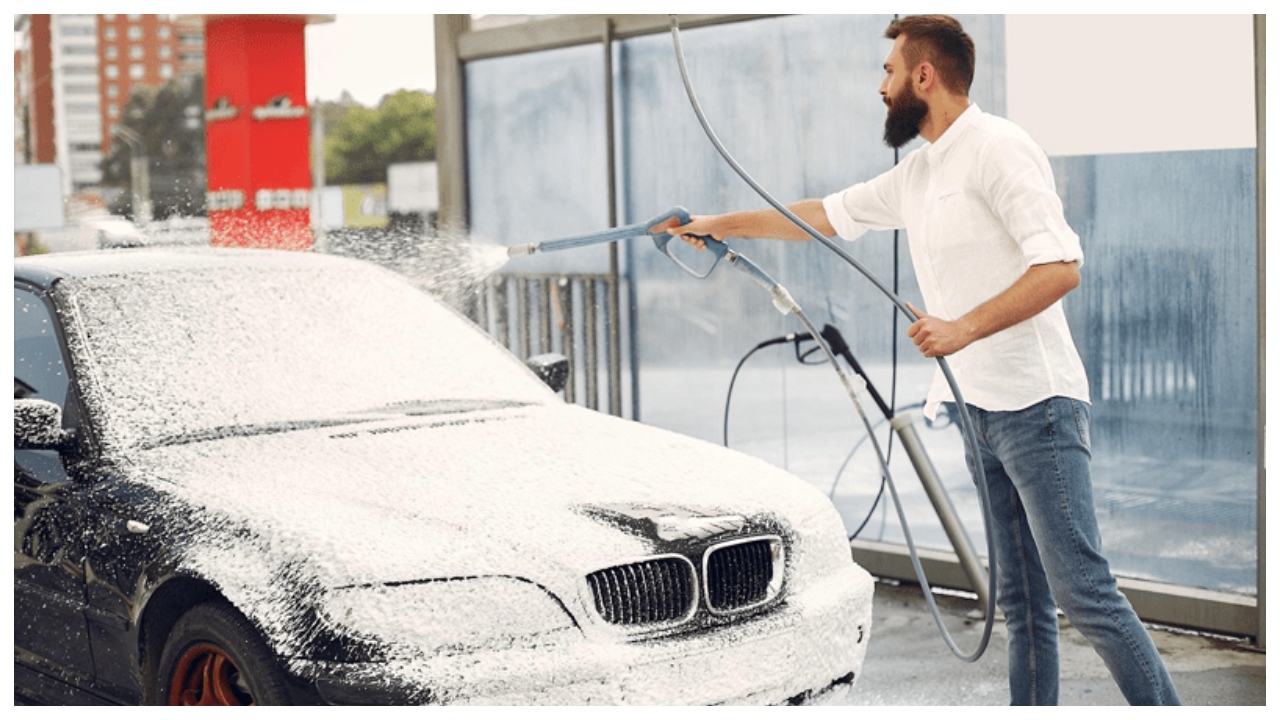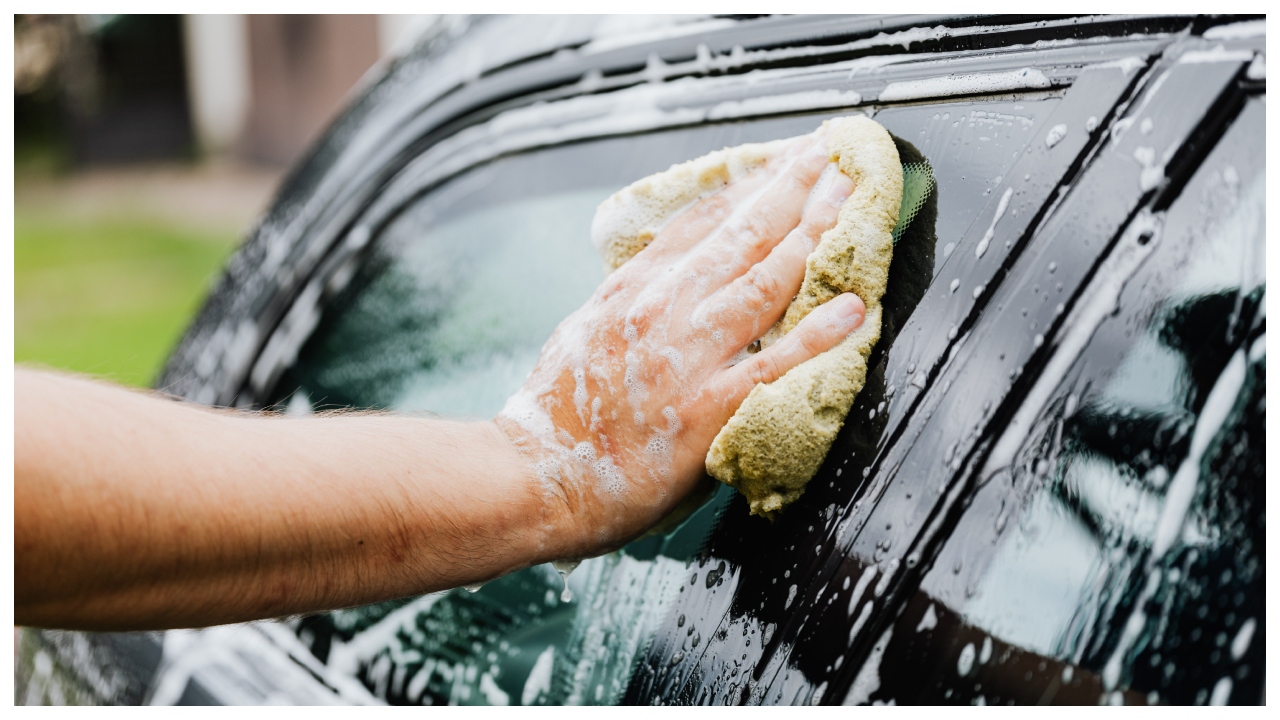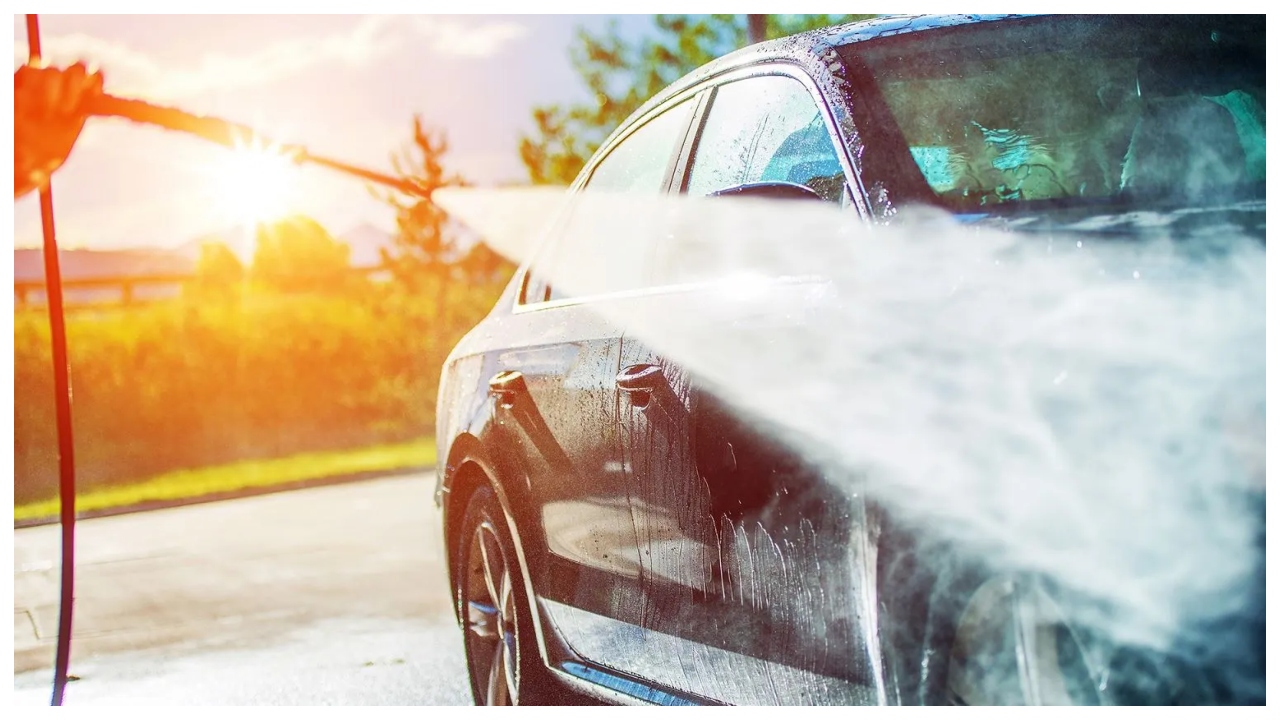Can you wash your car on a townhouse driveway It’s a common question for homeowners who want to keep their vehicle clean while staying compliant with local rules. Depending on your HOA regulations and local laws, there may be restrictions on car washing due to water usage or environmental concerns. Understanding these guidelines can help you avoid fines and ensure you’re following proper practices.
Washing cars in your driveway or street
Vehicle wash water contains pollutants like oil, grease, heavy metals, solvents and soaps. When these harmful pollutants run off our driveways and roads, they go down the storm drain and travel to our local streams, lakes, rivers, and Puget Sound.
What the law says
Here’s what Bothell Municipal says about allowing car wash water to run off your driveway into the street and storm drains:
“It shall be prohibited and in violation of this chapter for any person or entity to:
A. Throw, drain, or otherwise discharge, cause or allow others under its control to throw, drain or otherwise discharge into the municipal storm drain system and/or surface and ground waters any materials other than storm water. Examples of prohibited contaminants include but are not limited to the following:
- Petroleum products including but not limited to oil, gasoline, grease, fuel oil and heating oil.
- Antifreeze and other automotive products.
- Metals in either particulate or dissolved form.
- Soaps, detergents, or ammonia.
So what does that mean?
We don’t have a “car washing law,” so the act of washing your car in your driveway is not illegal. But it is illegal to let the vehicle wash water run into a storm drain. Vehicle wash water contains harmful pollutants that degrade our streams and marine life.
How can I safely wash my car?
If your current method of washing your car allows soapy water and runoff to drain into the street and storm drains, consider switching to a safer method. Use a commercial car wash if possible, or wash over a permeable surface like grass or gravel to let the water soak in and filter out pollutants. When washing on grass or gravel, use chlorine and phosphate-free, biodegradable soap to protect the soil. Alternatively, try a waterless car wash product, use a self-serve bay at a commercial car wash, or redirect your runoff away from storm drains.
The Facts About Car Washing

Cars seem to get dirtier in the summer, with dry wind and occasional rain showers making them filthy. If you’re someone who washes your car frequently, consider the environmental ramifications of washing it on a townhouse driveway. Before you grab your bucket and sponge, read below for the facts about car washing and the best practices for minimizing your environmental impact.
Commercial Car Cleaners
For conservation, washing your car at a commercial facility is best. These sites use less water and are more efficient, often recycling water before it reaches the wastewater treatment plant. While a homeowner may use about 116 gallons, commercial car washes typically use 60% less water thanks to high-pressure nozzles.
Leave It on Your Lawn
If you prefer to wash your car at home, try doing it over your lawn. Washing and rinsing your vehicle over your grass allows the soil to act as a natural filter for the grime and soap that wash off. Your grass and trees will appreciate the extra water you’ll give them too.
Just be mindful of crushing any sprinkler heads or other hazards hidden beneath your grass. You don’t want to puncture your tires or damage your irrigation system.
Sensible Soap
The soap you use matters Use a biodegradable, phosphate-free, water-based soap. Conventional soaps containing phosphate can cause problems when they enter our water bodies. Phosphates cause excessive algae growth. When the algae die, they starve the water of oxygen which results in fish kills and other harmful biological issues. Additionally, conventional soaps destroy the mucus layer in fish, which protects them from harmful parasites.
The Deluge on Your Driveway
When washing your car on the driveway, use a bucket for your sponge and soapy water to prevent excess soap from flowing into storm drains. Afterward, pour the dirty water into a toilet or sink, not into the street, as this prevents harmful chemicals and debris from entering the storm water system, which doesn’t filter pollutants like your wastewater system does. To conserve water, attach a nozzle with flow restriction to your hose and avoid letting water run freely while you’re distracted. Be mindful of water use and protect the environment.
Clean Water Tips to Washing Your Car:
- Use a commercial car wash where water is reused and treated.
- Wash at home on grass or gravel to avoid runoff into storm drains.
- Use soap sparingly and attach a hose nozzle to save water.
- Pour leftover soapy water down indoor drains for proper treatment.
Make sure your summer car wash supports the environment
Summer in the Pacific Northwest is a great time to wash your car, but consider the environmental impact. Washing at home can be more harmful than using a commercial car wash, which is typically better for the environment. Before you start, learn why a commercial wash is the greener choice.
Commercial car washes use water efficiently and safely
Federal laws require commercial car washes to drain wastewater into sewer systems for treatment and recycling, while washing at home often sends pollutants directly into storm drains, harming ecosystems. Additionally, home washing usually uses more water than commercial car washes, which use high-pressure nozzles and often recycle water.
Keep it green at home
If you do wash your car at home, follow these tips to protect the environment and keep hazardous chemicals out of our region’s waterways:
- Choose a non-toxic, biodegradable soap that is free of phosphates, fragrance, chlorine, and petroleum-based ingredients.
- Don’t pour your bucket of dirty water onto your driveway, sidewalk, or street. Take it inside and dump it in a sink or toilet.
- Before washing, make sure your car isn’t leaking oil or other fluids.
- Don’t leave the hose running while you’re soaping up and washing the car. Try to rinse quickly.
- Use reusable cloths to wash and dry your car.
Research before you wash
Before you wash your own car, look for car washing facilities that use eco-friendly products or self-wash facilities where you can bring your own safe products.
Many folks think about car washes when they are brainstorming ways to raise money. For kids and parents planning a car wash fundraiser, check out the Western Car Wash Association’s Charity Carwash Program, which helps communities partner with local car wash businesses to host fundraisers and keep waterways clean.
Conclusion:
Can You Wash Your Car On Townhouse Driveway depends on local regulations and HOA rules. To avoid potential issues, follow best practices like using minimal water, preventing runoff, and disposing of soapy water properly. When in doubt, a commercial car wash may be the safest option for both compliance and environmental care.

Leave a Reply